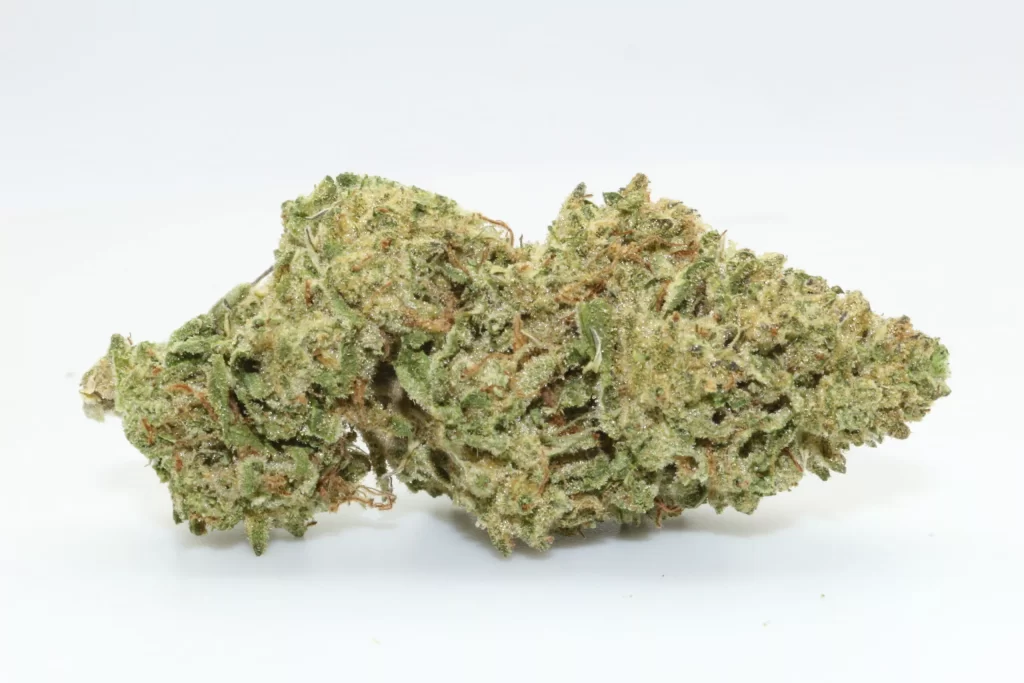THCA, or tetrahydrocannabinolic acid, is a non-psychoactive cannabinoid found in cannabis plants, primarily in its raw form. Unlike its more famous counterpart, THC tetrahydrocannabinol, which is responsible for the psychoactive effects commonly associated with cannabis, THCA does not induce the high typically linked with cannabis use. This distinct characteristic positions THCA as a unique compound with potential therapeutic benefits, particularly in the realm of mental health. Emerging research suggests that THCA might offer several mental health benefits due to its potential interaction with the endocannabinoid system, a complex network of receptors and neurotransmitters in the brain that regulates various physiological processes, including mood and stress responses. Although the research is still in its early stages, preliminary findings indicate that THCA could play a role in alleviating symptoms associated with mood disorders such as anxiety and depression.

One of the ways THCA is believed to impact mental health is through its anti-inflammatory properties. Chronic inflammation has been linked to various mental health conditions, including depression and anxiety. By reducing inflammation, THCA may help mitigate some of the underlying factors contributing to these disorders. Moreover, THCA has shown potential in modulating neurochemical pathways that influence mood and stress responses, providing a foundation for its therapeutic potential. Another area of interest is THCA’s potential neuroprotective effects. Some studies suggest that THCA might offer protection against neurodegenerative diseases, which often have mental health components. By preserving cognitive function and reducing oxidative stress, THCA could contribute to better mental health and overall well-being. THCA’s potential benefits extend beyond mood disorders. For individuals dealing with conditions such as post-traumatic stress disorder PTSD or insomnia, THCA may offer symptomatic relief. Its non-psychoactive nature makes it a more appealing option for those seeking therapeutic benefits without the mind-altering effects of THC.
This aspect of THCA could make it a valuable tool in managing conditions that impact sleep patterns and overall mental health. Despite these promising avenues, it is important to approach THCA with caution and recognize that more research is needed to fully understand its impact on mental health. The current studies are limited, and the effects of THCA can vary from person to person. Consulting with healthcare professionals before incorporating THCA into any mental health regimen is essential to ensure it aligns with individual health needs and goals. while thca hemp flower is still under investigation, it holds promise as a beneficial compound in the realm of mental health. Its non-psychoactive properties, combined with its potential anti-inflammatory and neuroprotective effects, suggest that it could play a role in managing mood disorders, anxiety, and stress-related conditions. As research continues to evolve, THCA might become an integral part of holistic approaches to mental health, offering new avenues for those seeking relief and improved well-being.